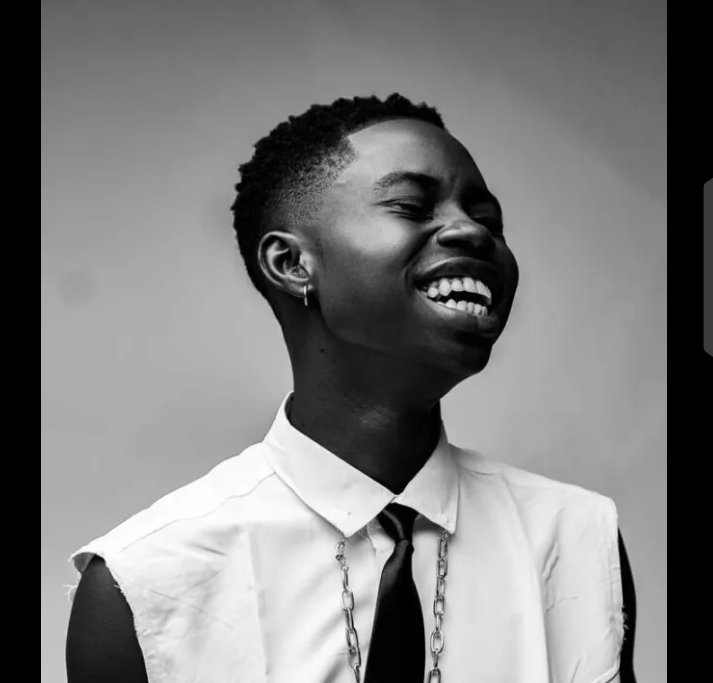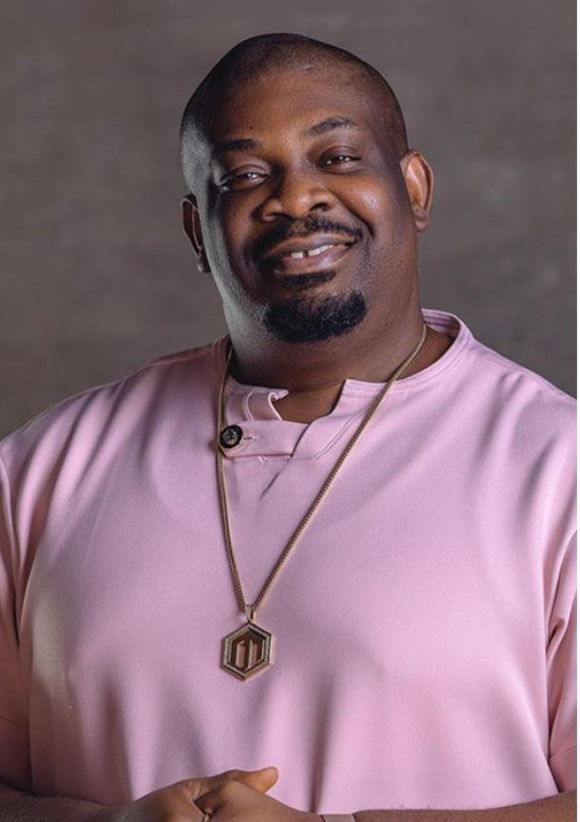
“They Call Me Uneducated, But Their Lives Look Blurry”—Peller Fires Back at Critics in Fiery Online Response

Popular live streamer Peller has once again found himself at the center of social media conversations after delivering a sharp response to critics who constantly mock his educational background. The TikTok sensation, who commands a massive 13 million followers on the platform and an additional 2.2 million on Instagram despite rarely posting there, addressed the backlash in a way that has since gone viral across various digital spaces.
In a candid outburst, the streamer expressed frustration over the way people try to diminish his success by tagging him as “uneducated” or “illiterate.” According to him, these labels have followed him for years, but the latest wave of insults triggered a direct clapback that left the internet buzzing. For someone whose influence continues to grow rapidly, Peller made it clear that he is tired of being measured by an academic yardstick that many of his critics themselves can’t boast of upholding.
He didn’t mince words as he highlighted what he considers the hypocrisy of online trolls. “People keep telling me to go to school, calling me uneducated, yet when I check their profiles, their phones are so bad, their pictures are all blurry,” he said, clearly irritated. “They look so useless, and yet they abuse me online.” His choice of words sparked instant reactions, with supporters praising his confidence and detractors accusing him of arrogance and disrespect.
The statement has since ignited widespread debate about the clash between traditional expectations of education and modern realities of social media success. In an era where viral content, digital influence, and creativity can elevate individuals to celebrity status, the conversation about what qualifies someone as “successful” is no longer straightforward. Peller’s career is one of many examples of how the digital age has democratized opportunity—placing power in the hands of those who understand how to connect with an audience, regardless of their academic history.
For his loyal followers, Peller’s rise is a testament to hard work, resilience, and the ability to capitalize on one’s talent. His livestreams attract thousands of viewers at any moment, his personality drives engagement, and his presence on TikTok is commanding enough to rival that of internationally known digital personalities. To many, his achievements speak for themselves. But for others, especially critics who cling to conventional definitions of intellectual or professional worth, Peller’s lack of formal education remains a point of mockery.
This tension is not unique to Peller. Many internet personalities across Nigeria and beyond have faced similar criticism, often from people who believe that large followings and entertainment value cannot replace academic credentials. But the reality of the digital economy tells a different story. Livestreaming, content creation, and influencer marketing have become highly profitable fields, enabling young people to earn more than graduates in many traditional careers. The disconnect between old societal expectations and new forms of success continues to spark conflict, particularly online where anonymity fuels boldness.
Peller’s remarks also shed light on another phenomenon—the tendency of some social media users to project their frustrations onto public figures. With the rise of trolling culture, comment sections have become battlegrounds where people unleash insults that would rarely be spoken face-to-face. The streamer emphasized this disconnect by pointing out that many of the people attacking his intellect appear to struggle with basic resources themselves, including owning functional devices capable of producing clear images. His message, though harsh, underscores the irony of online hate: often, those doing the loudest mocking are in no better position.
Following his statement, reactions poured in across X, TikTok, Facebook, and Instagram. Some users praised him for finally speaking up, arguing that people who constantly insult others deserve to be called out publicly. Others felt that Peller’s response crossed the line from defense into unnecessary shaming, insisting that mocking people’s gadgets or appearance does not solve the issue. Still, the overwhelming sentiment reflected a growing weariness with online toxicity and the unrealistic expectations placed on influencers.
Fans have argued that Peller has long been patient with online mockery, and that his response, though blunt, reflects the emotional toll that constant criticism can have on creators. Being visible on the internet comes with pressure, and for many digital personalities, negativity can accumulate silently until it eventually results in a public outburst. Peller’s statement may have been the culmination of years of restraint.
Interestingly, the controversy has also revived conversations about Nigeria’s evolving digital culture. As content creators continue to gain prominence and monetize their influence, older generations and conservative audiences are struggling to adapt to the reality that formal education is no longer the only ticket to financial freedom. The divide is widening, creating friction between traditional expectations and modern ways of earning a living.
Observers note that Peller’s story mirrors that of countless young Nigerians who have found alternative paths to success through the internet. From comedy skits to vlogs, gaming, lifestyle content, and livestreaming, many are bypassing conventional routes and building careers through digital innovation. Yet, societal attitudes toward academic certificates remain deeply rooted. For some, it is almost unthinkable that someone could be wealthy, famous, and influential without formal education. This clash in ideology is at the heart of why personalities like Peller receive such relentless antagonism.
Despite the criticism, one thing is undeniable: Peller has carved out a thriving space for himself in the content creation ecosystem. His numbers speak loudly, his fanbase is loyal, and his influence continues to expand. Whether people approve of his educational background or not, he remains a dominant force on TikTok and a recognizable figure across Nigeria’s entertainment landscape.
As the conversation continues, it remains unclear whether Peller will temper his responses in the future or continue addressing critics with the same unapologetic tone. What is evident is that he has triggered a broader societal discussion—one that goes beyond personal insults and touches on how success is defined today. His fiery clapback may have ruffled feathers, but it has also forced people to confront uncomfortable truths about the shifting dynamics of fame, respect, and social mobility in the digital age.
For now, Peller stands firm in his stance, unbothered by those who question his worth and unwilling to let insults overshadow his accomplishments. And as long as the internet remains a space where opinions are freely expressed, the clash between critics and creators like him is likely to continue—blurry cameras, blunt words, and all.

